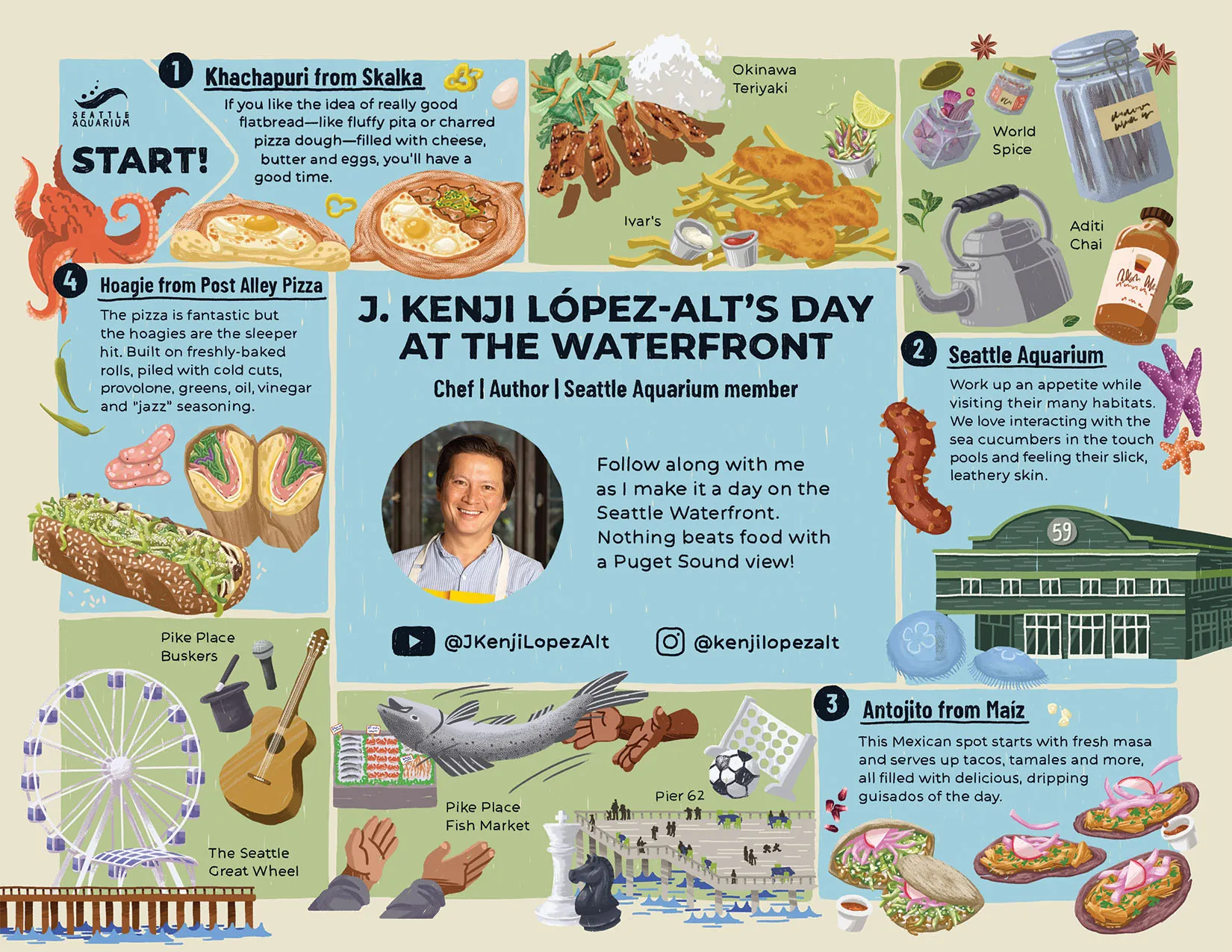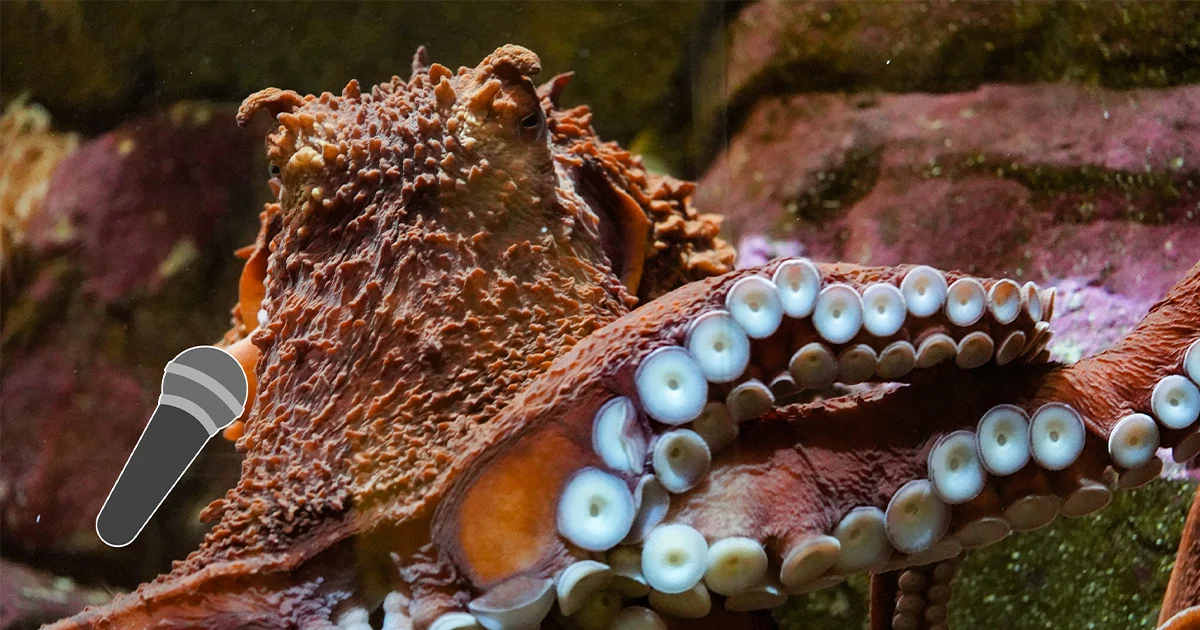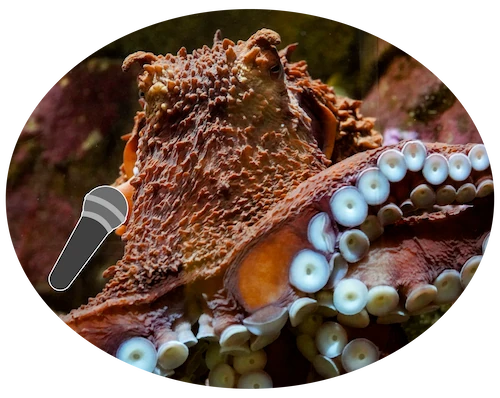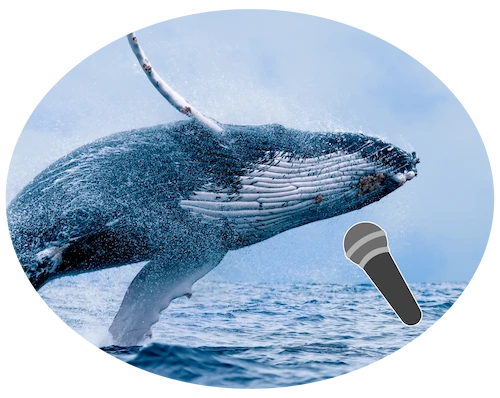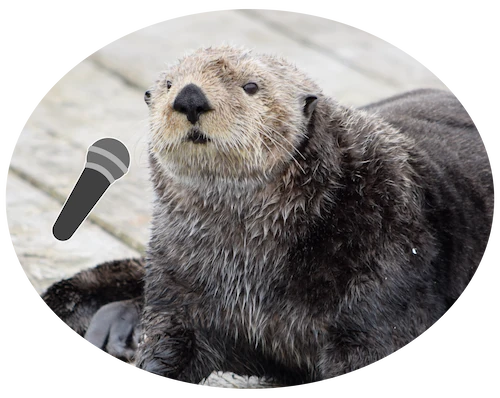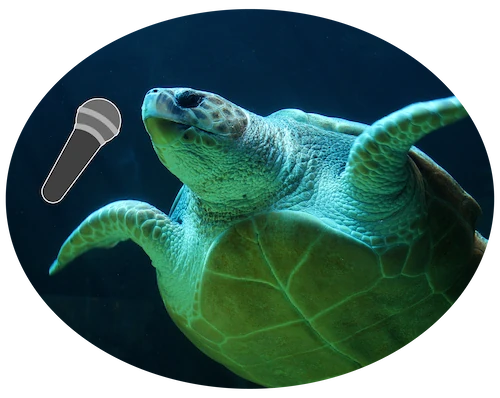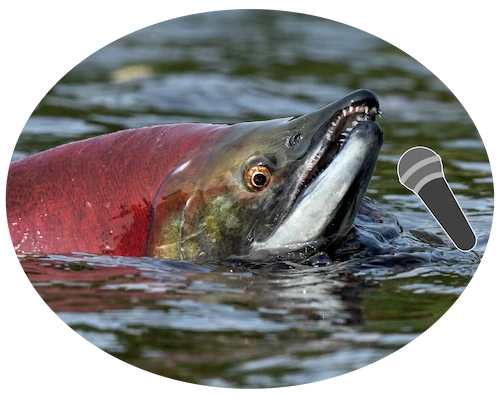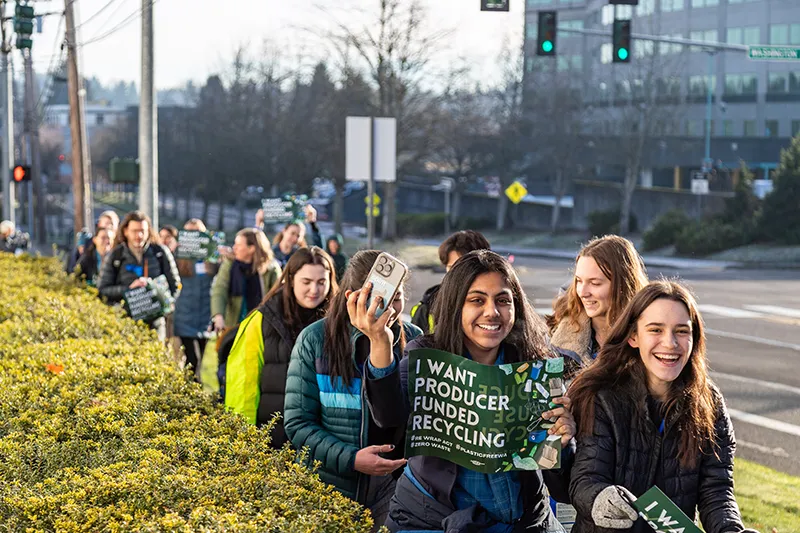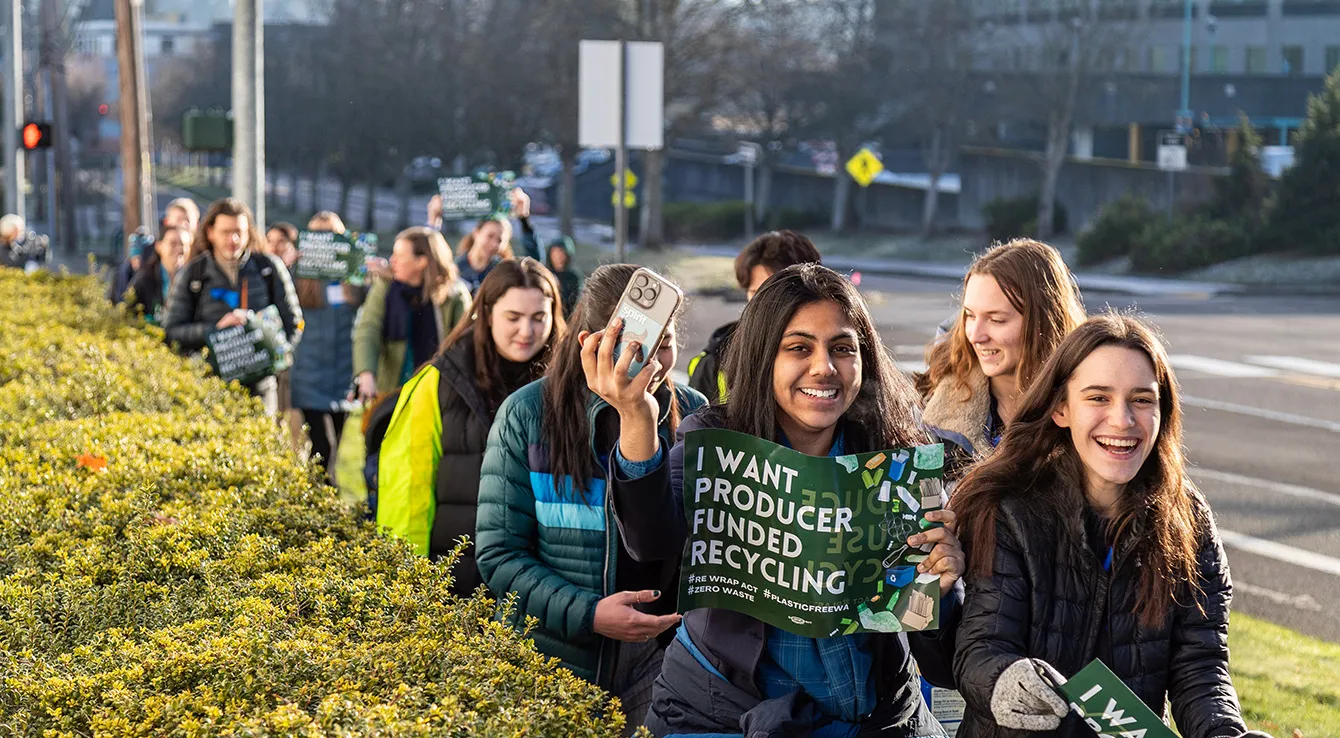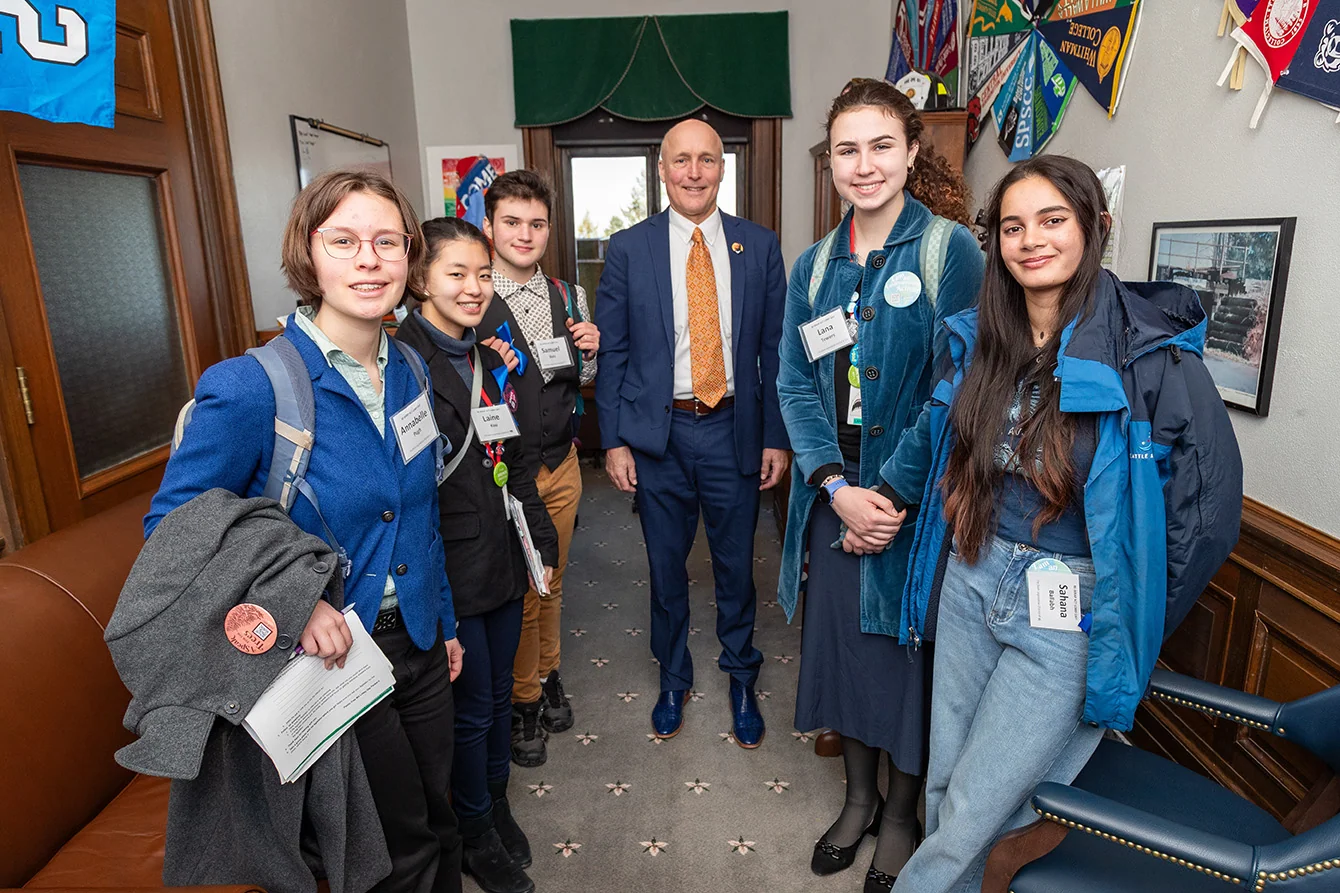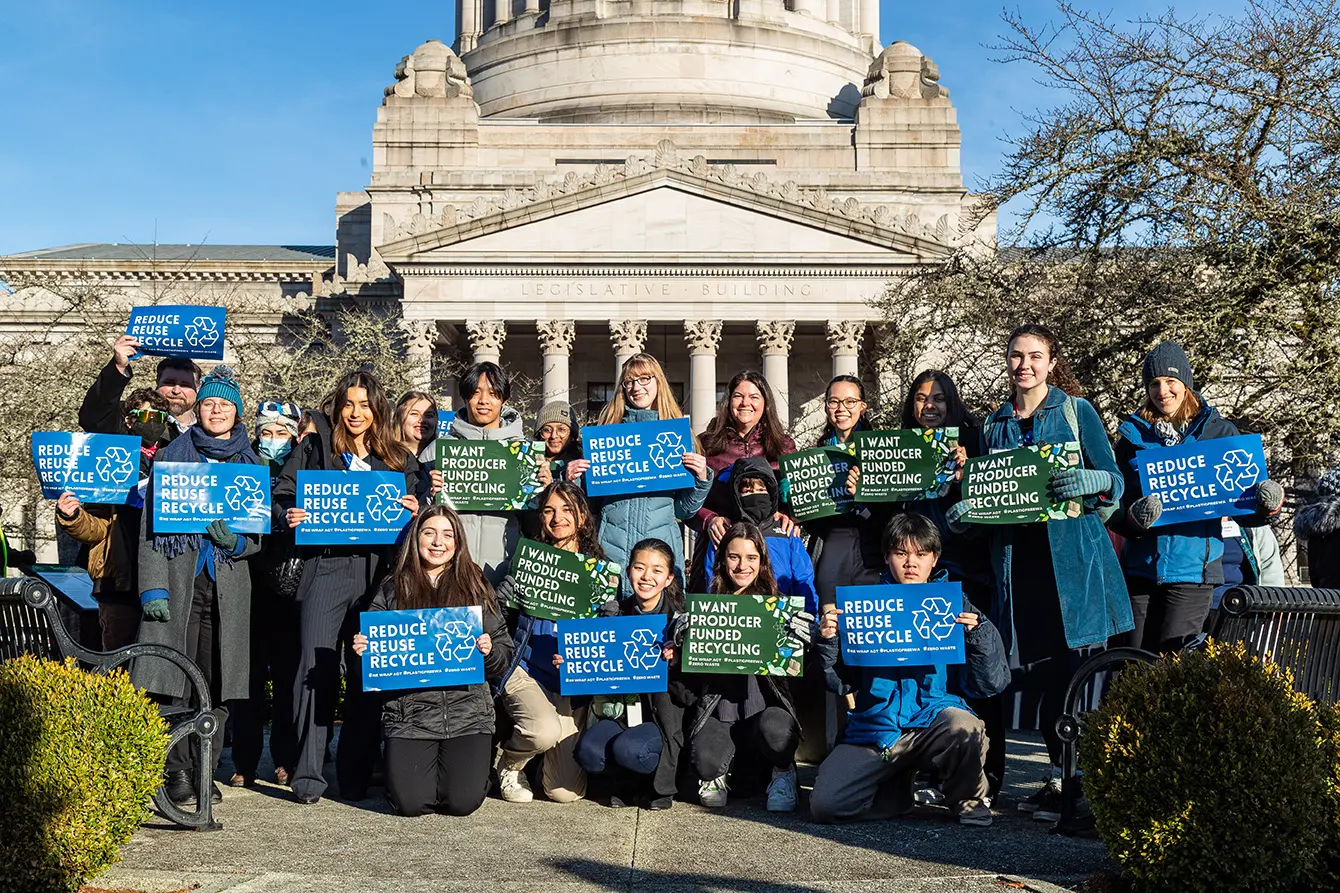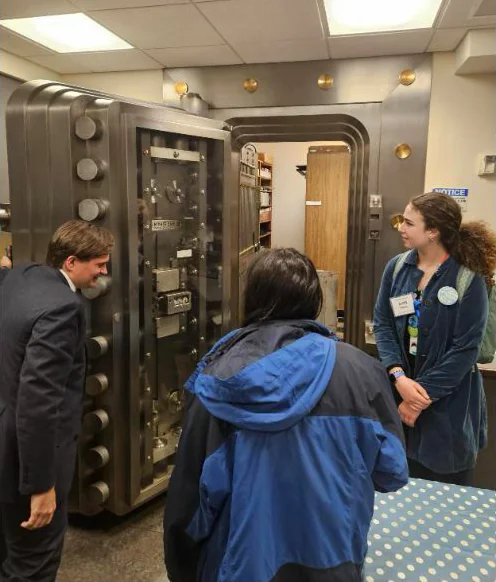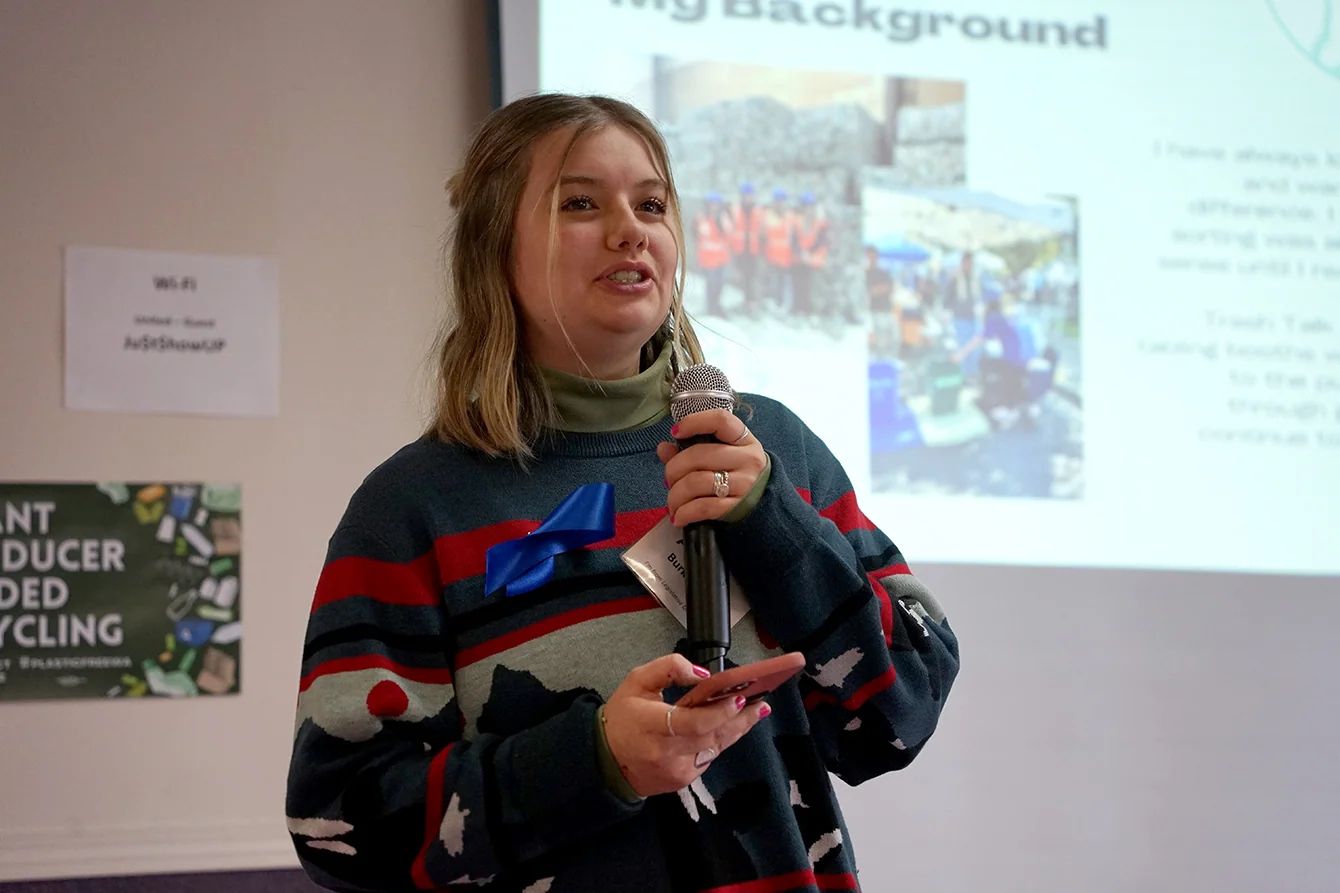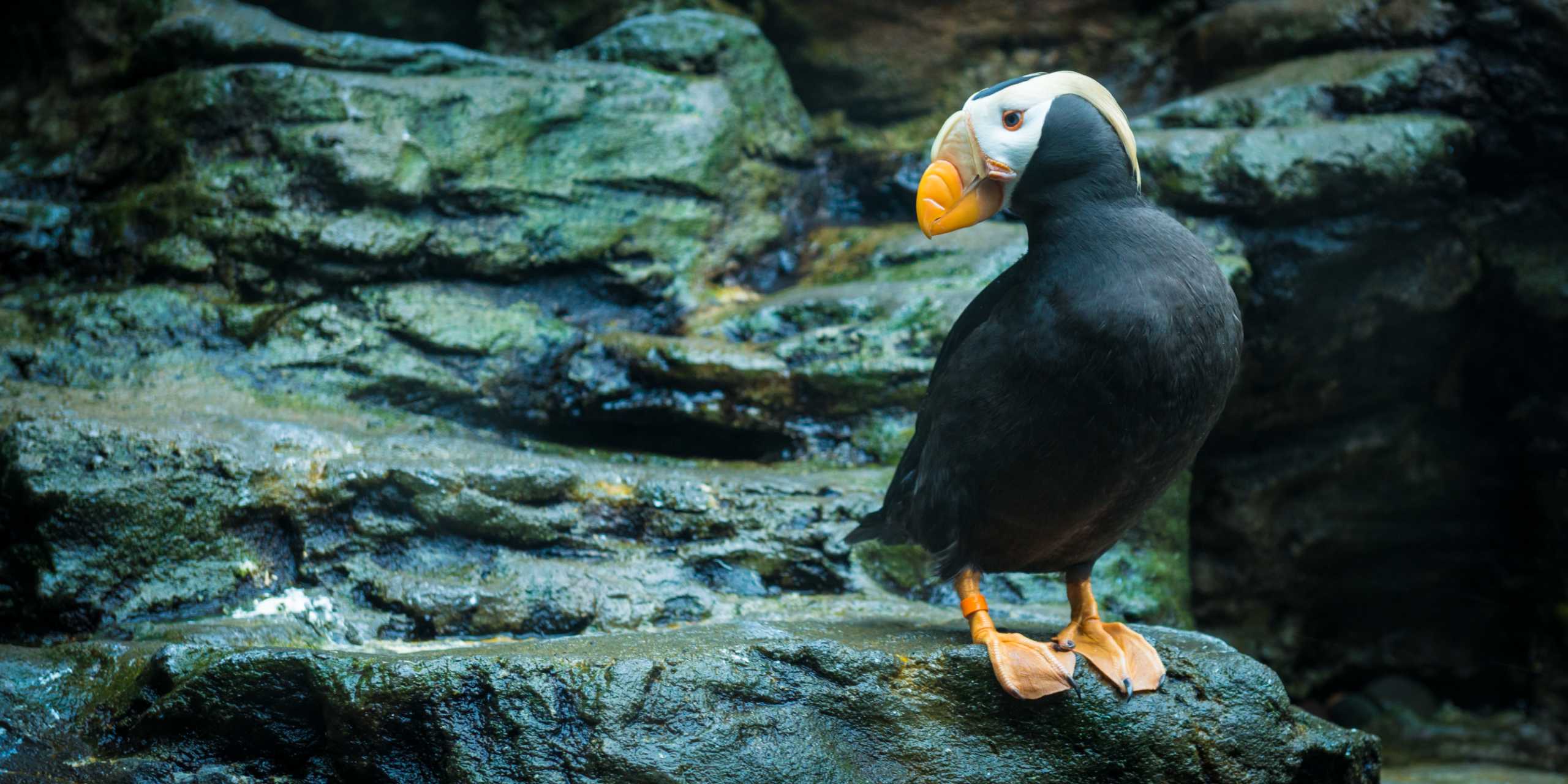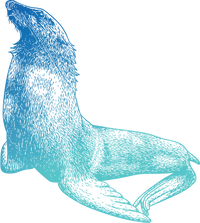How J. Kenji López-Alt makes it a day at the Seattle waterfront
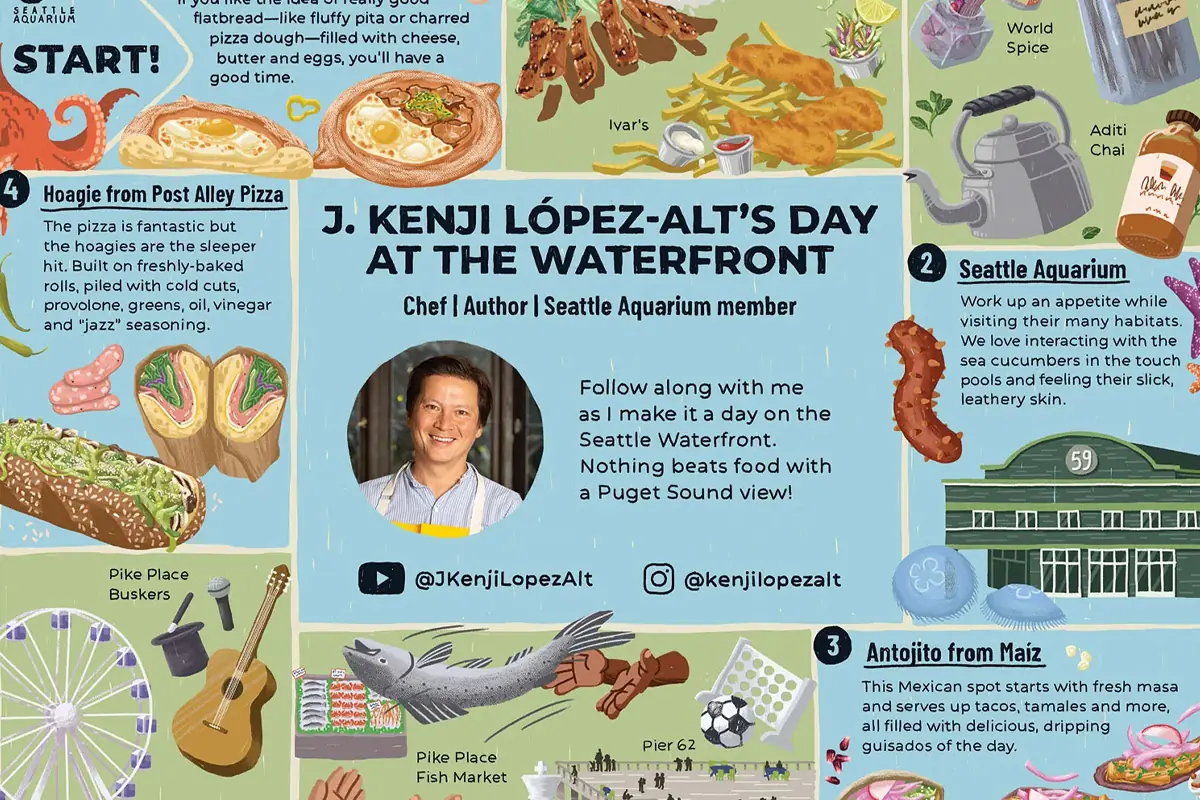
The chef, author and Seattle Aquarium member recently partnered with the Aquarium to map a food-centric day at the Seattle waterfront. Kenji’s itinerary includes several snack stops—and a pause to pet sea cucumbers at our Life on the Edge habitat.
J. Kenji López-Alt’s day at the waterfront
Follow along with me as I make it a day on the Seattle Waterfront. Nothing beats food with a Puget Sound view!
1: Khachapuri from Skalka
If you like the idea of really good flatbread—like fluffy pita or charred pizza dough—filled with cheese, butter and eggs, you’ll have a good time.
2: Seattle Aquarium
Work up an appetite while visiting their many habitats. We love interacting with the sea cucumbers in the touch pools and feeling their slick, leathery skin.
3: Antojito from Maíz
This Mexican spot starts with fresh masa and serves up tacos, tamales and more, all filled with delicious, dripping guisados of the day.
4: Hoagie from Post Alley Pizza
The pizza is fantastic but the hoagies are the sleeper hit. Built on freshly-baked rolls, piled with cold cuts, provolone, greens, oil, vinegar and “jazz” seasoning.
More Seattle waterfront itinerary highlights
- Ivar’s
- Okinawa Teriyaki
- World Spice
- Aditi Chai
- Pier 62
- Pike Place Fish Market
- The Seattle Great Wheel
- Pike Place Buskers (located throughout Pike Place Market)
